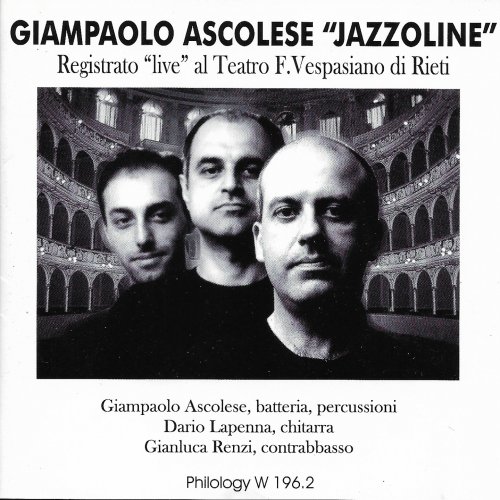Herbert von Karajan - Ludwig van Beethoven: Symphony No. 9 (2002) [Hi-Res]

Artist: Herbert von Karajan, Berliner Philharmoniker
Title: Ludwig van Beethoven: Symphony No. 9
Year Of Release: 2002
Label: Deutsche Grammophon
Genre: Classical
Quality: FLAC (tracks) [96kHz/24bit]
Total Time: 01:07:14
Total Size: 1.13 GB
WebSite: Album Preview
Tracklist:Title: Ludwig van Beethoven: Symphony No. 9
Year Of Release: 2002
Label: Deutsche Grammophon
Genre: Classical
Quality: FLAC (tracks) [96kHz/24bit]
Total Time: 01:07:14
Total Size: 1.13 GB
WebSite: Album Preview
Ludwig van Beethoven (1770 - 1827)
Symphony No. 9 in D minor Op. 125 "Choral"
1 Allegro ma non troppo, un poco maestoso [15:32]
2 Molto vivace [10:12]
3 Adagio molto e cantabile [16:58]
4 Presto - [06:29]
5 Presto - 'O Freunde, nicht diese Töne!' - Allegro assai [18:03]
Performers:
Tomowa-Sintow - Baltsa
Peter Schreier - van Dam
Wiener Singverein
Berliner Philharmoniker
Herbert von Karajan
Herbert von Karajan's 1976 rendition of Ludwig van Beethoven's Symphony No. 9 in D minor, "Choral," Op. 125, has had its advocates over the years, and many think this is his best version of the symphony. Even so, others more skeptical may find that this performance is too carefully contrived to show off the Berlin Philharmonic's exceptional chops; that the recording is too fastidiously engineered to pick up every last instrumental passage, important or not; and that the whole package is marketed too pointedly as a "great performance," which it is not. If sharpness of gesture and potency of force define Karajan's interpretation, along with a ruthless attention to details that seems almost fetishistic, then listeners who like his driven yet hyper-meticulous style will find all they desire in this recording. But if they suppose this performance has any subtlety, grace, majesty, eloquence, mystery, or ecstasy, then they only imagine it, because this is about as mechanical, forced, sterile, and calculated as a reading of the Ninth can get. Whether it's because the first movement sounds too obsessively precise (you can practically count the notes in the unnaturally highlighted tremolos), the Scherzo comes off as too ferocious and choppy, or the Adagio merely goes through the motions without revealing any of its beauty, this might yet seem like an acceptable, if not especially attractive or endearing, performance that delivers the basics without much emotion. But the Finale is where the whole effort is undermined, simply through a lack of inspiration. Every note is where it should be, the orchestra is crystal clear, the vocal quartet is solid, and the Wiener Singverein is impressive, but the movement doesn't come together in any unified expression of joy, either earthly or cosmic. Instead of instilling awe or rapture, this stiffly paced and hard-edged reading is devoid of feeling and induces only boredom, since everything is so brutally hammered out. Deutsche Grammophon's boosted sound is upfront and in your face, so there is no chance you'll miss a note of this heavy-handed presentation. -- Blair Sanderson





![The Mr Bongo Edits, Vol. 1-4 (2022-2026) [Hi-Res] The Mr Bongo Edits, Vol. 1-4 (2022-2026) [Hi-Res]](https://www.dibpic.com/uploads/posts/2025-03/1742727562_mr_bongo_edits_collage_square.jpg)


